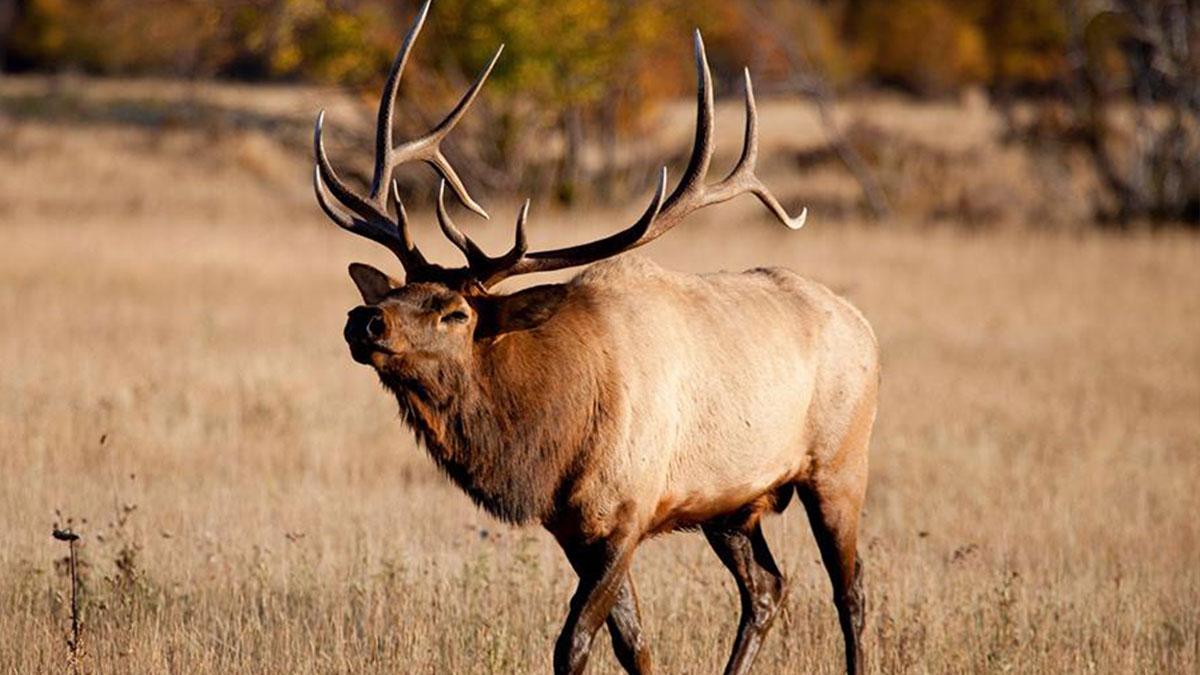FEDERAL
Farm Bill
The current Farm Bill expired at the end of September, and with a divided Congress and delays caused by the turnover of the speaker of the house, the prospects of passing a new five-year bill in 2023 are unlikely. There is discussion about extending the terms of the last Farm Bill in a temporary continuing resolution as the next bill is negotiated. The Farm Bill has become a massive spending law—expected to be $1.4 trillion over the next 10 years—largely because of increases in nutritional welfare programs like SNAP. RMEF is fighting to maintain conservation programs like CRP, EQUIP and establish a better Forest Conservation Easement Program (FCEP). RMEF also supports the Voluntary Public Access Habitat Incentive Program (VPA-HIP) that helps states offer walk-in programs.
Active Forest Management- Fixing ‘Cottonwood’
RMEF remains focused on correcting the Cottonwood Decision, which has delayed and stopped hundreds of active forest management projects because of endless Endangered Species Act re-consultation requirements. As of August 2023, the Forest Service has received 15 Notices of Intent to sue under the terms allowed by Cottonwood, and 87 land management plans are at risk of legal uncertainty. Recently the litigious environmental groups that have benefitted from filing lawsuits under the Cottonwood decision have been lobbying members of Congress to oppose the Cottonwood Fix, making it more important for hunters and those that support productive and healthy forests to make their voices heard.
STATE BALLOT MEASURES
Colorado Initiative 91 Banning “Trophy Hunting” for Mountain Lions.
Animal rights and anti-hunting advocates have unsuccessfully tried to ban mountain lion and bobcat hunting in Colorado several times in recent years, both at the commission level and at the legislature. They have changed track and have filed an initiative that they hope to get onto the 2024 ballot. RMEF joined Coloradans for Responsible Wildlife Management to lead opposition to the ballot measure by challenging the deceptive and overly broad language in the proposal. Proponents of the ban have tried to label their effort a ban on “trophy hunting,” but the Colorado Initiatives and Title Board rejected the proposed title and labeled it for what it actually is—a ban on mountain lion, lynx and bobcat hunting. RMEF and the coalition of organizations opposing this hunting ban will continue to legally challenge the measure, but hunters should expect this ballot measure to proceed and proponents to begin collecting signatures in the coming months. RMEF will play a leading role in the opposition and encourages everyone that supports scientifical and professional wildlife management to oppose ballot box biology of this kind.
Oregon IP-3 Failing to Qualify for 2024 Ballot? For the past two election cycles, a group of radical animal rights activists based in Portland sought a ballot initiative that would outlaw the killing of animals by hunting, livestock slaughter, pest control and virtually any other means other than self-defense. After sputtering in 2022, organizers have been gathering signatures for the 2024 ballot for more than a year. They need more than 112,000 signatures to qualify for the ballot but have only collected around 30,000 so far. Recently the organizers filed paperwork to try to pass essentially the same proposal on the 2026 ballot (IP 28 in 2026.) While they had not yet terminated their 2024 effort, filing the 2026 paperwork is a bad sign for them, and a good sign for RMEF.
STATES
Colorado
The U.S. Fish and Wildlife Service released its proposed 10j rule for wolf reintroduction, which if finalized, will designate wolves as an experimental and non-essential population. This will provide more flexibility for the state in the voter-mandated reintroduction program. RMEF supports the 10j designation, even though the organization opposed the reintroduction by ballot measure process. Assuming the 10j designation is finalized, CPW since found a wolf source after forging an agreement with Oregon.
Pennsylvania
RMEF members responding to an organizational call-to-action generated more than 400 messages to legislators over a few days in late September rejecting a proposal to raid the state game fund to pay for an unrelated waters program. The proposal would have put the state’s Pittman-Robertson allocations at risk because it would have diverted the game fund—derived from hunting licenses revenue and receipts from hunter-purchased state game lands—which is a violation of the federal laws that secure conservation funding. The Pittman-Robertson Act generates the tax on firearms and ammunition that serves as the financial backbone of state wildlife management programs.
